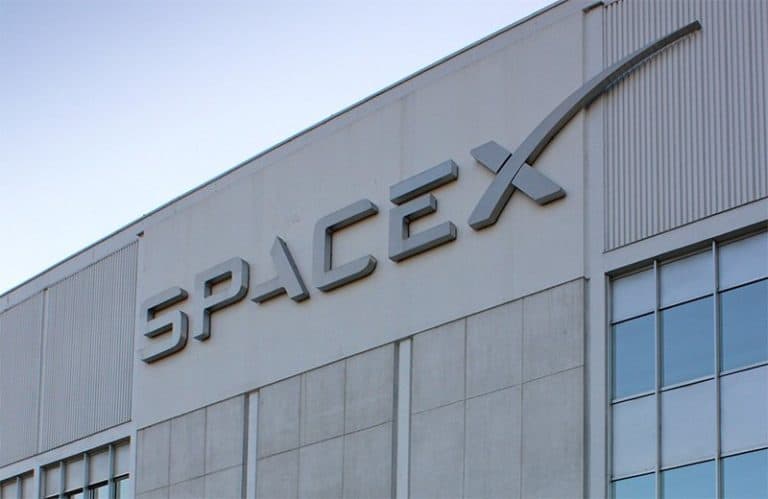SpaceX, the space company of Elon Musk, has received permission from the American Federal Communictions Commission to send another 7,518 broadband satellites into space. That’s what Silicon Angle reports. The company already had permission to launch 4,425 satellites, as part of the Starlink project announced by Musk in 2015.
Starlink is trying to make Internet access possible all over the world, via a series of satellites that orbit the earth in low orbit. The satellites are at an altitude of between 1150 and 1325 kilometres. Existing satellites providing Internet access hang at an altitude of up to 35405 kilometres. However, Musk’s satellites are less delayed because they are closer to the Earth. In theory, they can offer speeds and latency comparable to fiber optic networks.
The first two experimental Starlink satellites were launched in February. SpaceX wants to have the entire network in space by the middle of 2020.
Kepler
However, SpaceX is not the only company that is allowed to launch new satellites. The FCC also authorized Kepler Communications, Telesat Canada and LeoSat Enterprises. These companies are allowed to launch 140, 117 and 78 satellites respectively.
All three companies offer internet services. Kepler, however, is possibly the most interesting. The company wants to offer “global connections for the Internet of Things, especially for sensors and other intelligent devices,” says the FCC. According to the company, the service is mainly focused on logistics and transport industries. Users can then remotely monitor everything from loads to a fixed infrastructure via ultra-small, low-power IOT receivers.
“From providing high-speed broadband services in remote areas to providing global connections to the Internet of Things via ‘space-based routers’ for data-backhaul, I am excited to see what services these proposed constellations can offer,” said FCC President Ajit Pai in a statement.
“Our approach to these applications reflects the fundamental aim of this committee: to encourage the private sector to invest and innovate, and to allow market forces to offer value to American consumers.
This news article was automatically translated from Dutch to give Techzine.eu a head start. All news articles after September 1, 2019 are written in native English and NOT translated. All our background stories are written in native English as well. For more information read our launch article.